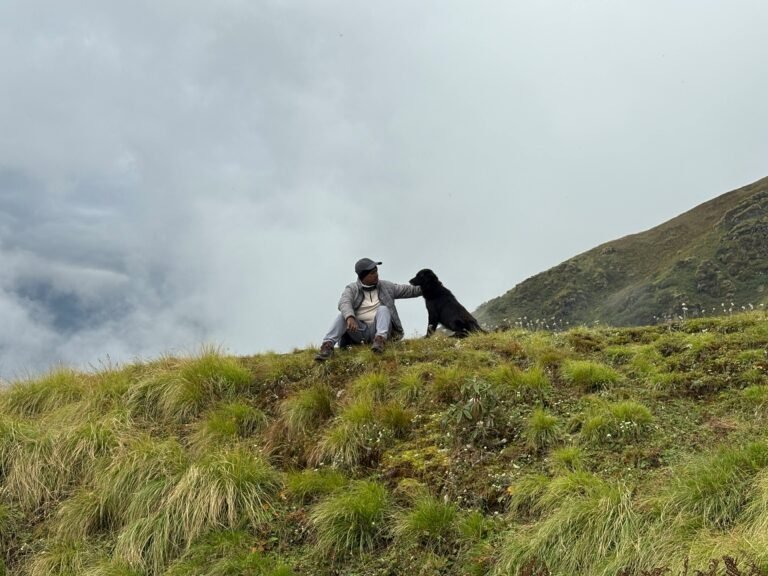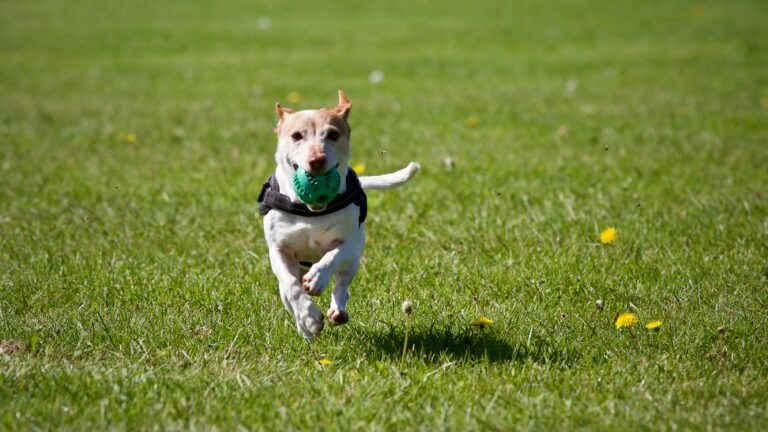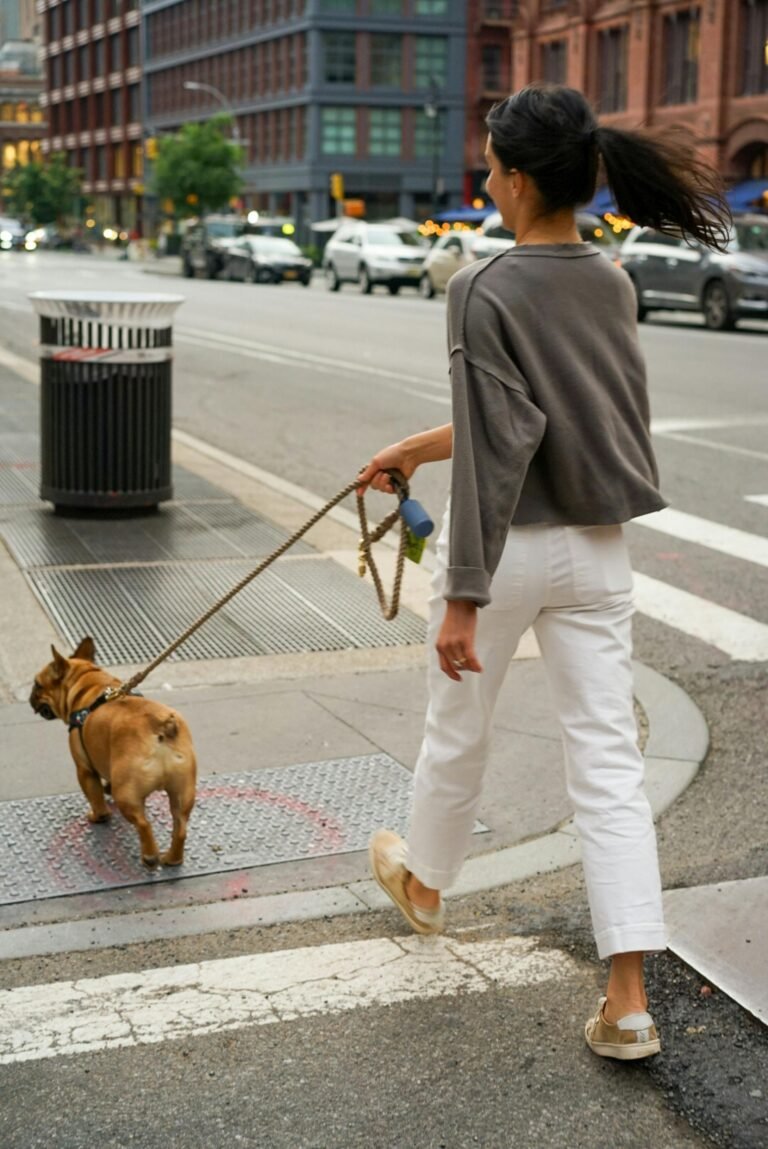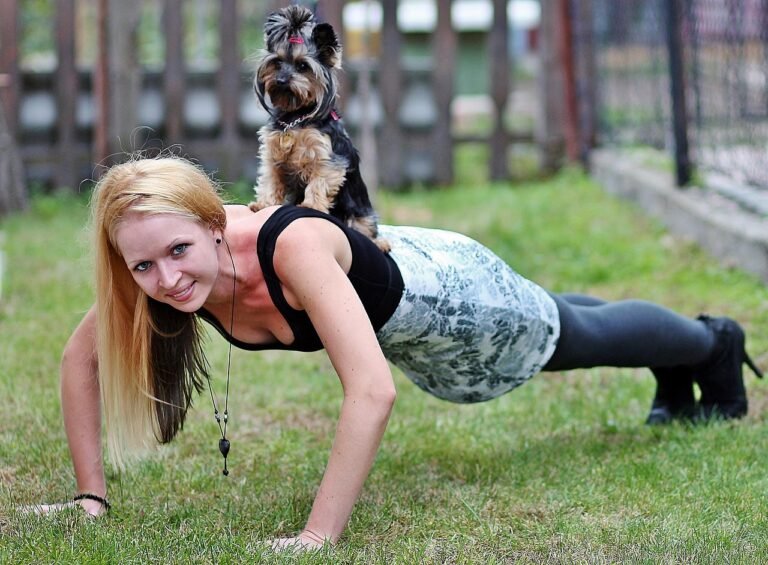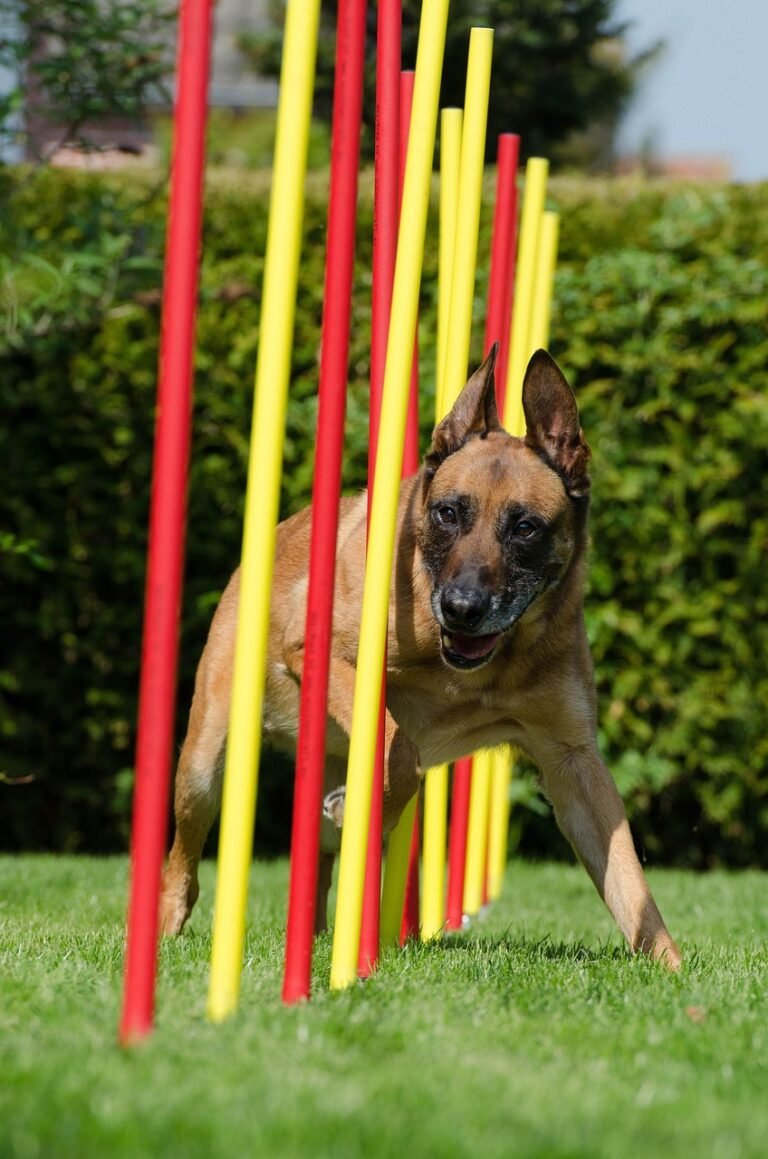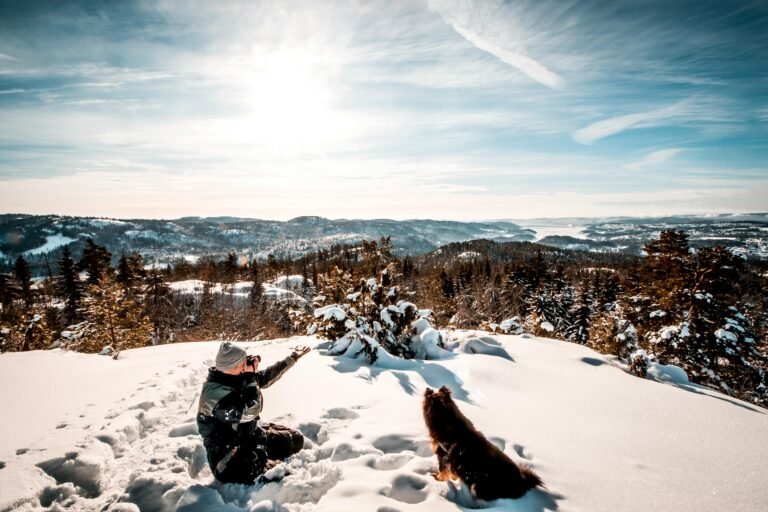Ever notice your dog acting a little… off during a full moon? You’re not alone. Many dog owners report unusual behaviors when the moon is at its brightest—restlessness, barking, or a general sense of unease.
But is this just coincidence, or could the lunar cycle really affect our pets? Let’s dig into what science says, what dog owners have observed, and how to support your pup during these moody moonlit nights.
What Behaviors Are Common During Full Moons?
While every dog is different, here are a few of the most frequently reported behaviors around full moons:
- Increased restlessness or pacing at night
- More frequent or intense barking
- Sleep disturbances or difficulty settling down
- Unusual anxiety or clinginess
- Heightened alertness or agitation during walks
Of course, these behaviors can happen anytime—but they seem to spike during full moons for some dogs.
Why Might Full Moons Affect Dogs?
1. Brighter Nights = Disrupted Sleep
Full moons cast more light, especially in areas without blackout curtains. Dogs, like people, may be sensitive to environmental light levels and experience altered sleep cycles as a result.
2. Increased Activity Outside
More nocturnal animals (like raccoons or coyotes) may be active on bright nights, leading to more smells, sounds, or nearby movement that trigger a dog’s instincts. You might not hear it—but your dog probably does.
3. Human Energy and Behavior Shifts
We often underestimate how attuned dogs are to our energy. If we’re sleeping less, feeling irritable, or just a little “off” during a full moon, our dogs may reflect that tension back to us.
4. Biological Rhythms
There’s ongoing research about lunar rhythms in mammals, including hormonal cycles and melatonin production. While data is still limited, some scientists believe full moons may subtly impact biological systems—dogs included.
What Science Says (and Doesn’t)
Studies on moon phases and dog behavior are limited, but some research does show correlations in hospital and emergency room visits—both human and veterinary—during full moons. However, no direct causal link has been proven.
So while there’s no conclusive evidence that the full moon makes your dog act wild, anecdotal patterns suggest something might be at play—especially in sensitive or anxious dogs.
Tips for Dog Owners During Full Moons
- Keep a moon phase tracker: Note if your dog’s behavior changes in sync with the lunar cycle.
- Stick to a consistent routine: Structure helps reduce stress regardless of cosmic factors.
- Use blackout curtains: Minimizing night light can improve your dog’s rest.
- Offer calming tools: Try white noise machines, calming chews, or anxiety wraps if needed.
- Limit late-night walks: Stick to earlier evening strolls if your dog seems overstimulated after dark.
Final Thoughts
Whether you believe in moon magic or not, there’s no denying that some dogs respond to the full moon with quirky, restless behavior. The best thing you can do is stay calm, stay observant, and provide your pup with reassurance.
After all, whether it’s moonlight or just moodiness, your dog is counting on you to guide them through every phase.
